The Notre Dame Science Department aims to bring science alive, igniting curiosity and stimulating interest through a wide variety of practical activities and engaging written tasks. The core focus of the dedicated team of teachers and technicians is to promote enthusiasm for science whilst ensuring excellent progress for every pupil. Staff collaborate to continually enhance each pupil’s learning experiences so that she may succeed beyond expectation.
We wish to motivate and inspire our pupils both inside and outside the classroom, promoting a lifelong love of learning. We have organised enrichment trips to London for different year groups such as to the Science Museum (Year 8), GCSE Science Live and GCSE Science in Action (Year 10), and to thought-provoking conferences with world renowned scientists such as Lord Robert Winston. Furthermore, pupils keen to take up A Level Physics have thoroughly enjoyed visiting The Large Hadron Collider at CERN.
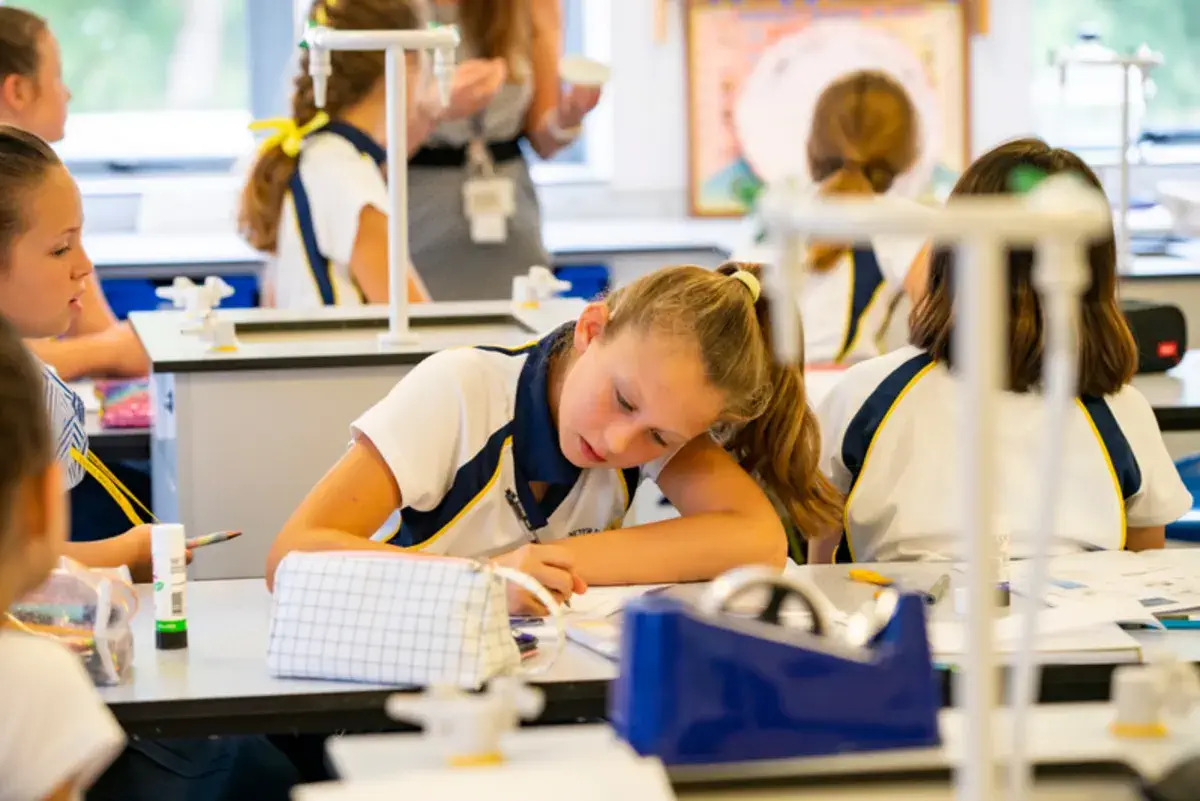
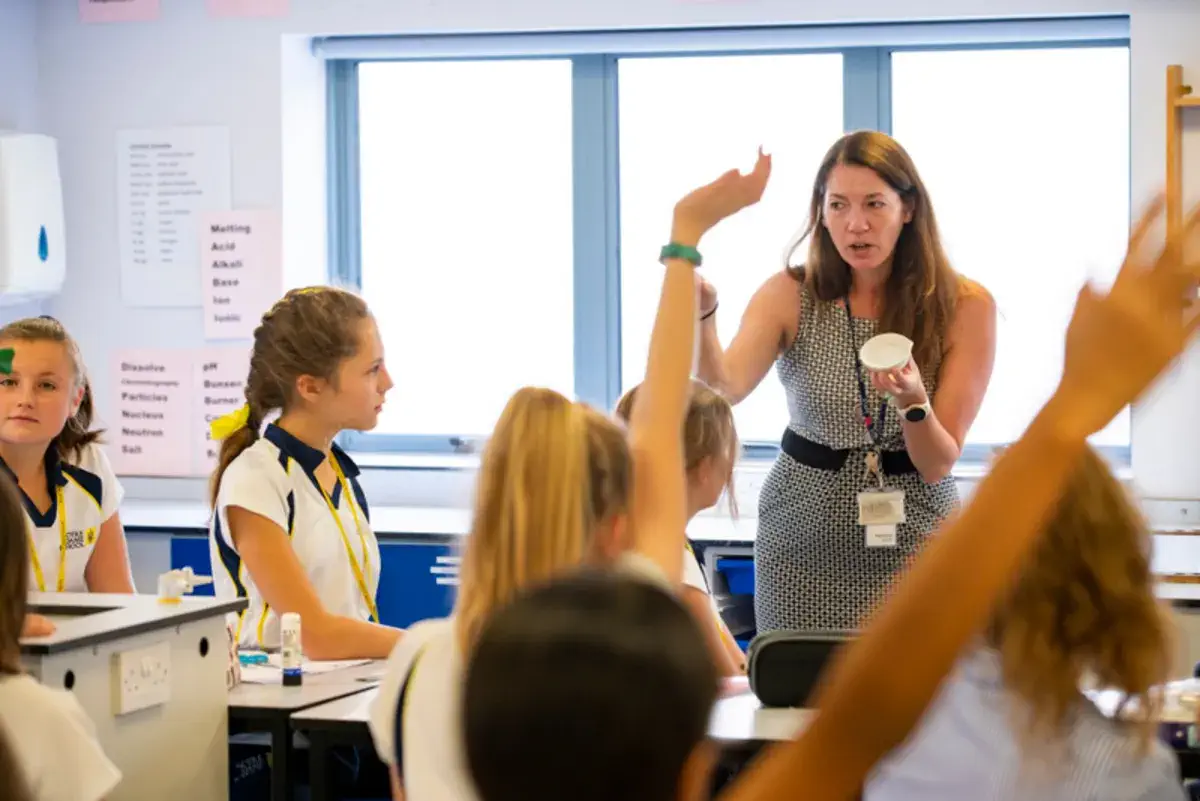
All pupils are invited to get involved in the fun quizzes, competitions and experiments run during National Science and Engineering Week. Recent activities include making ice-cream using liquid nitrogen, dissecting rats, squid and eyeballs, constructing spaghetti and marshmallow towers, building hydrogen rockets and solving a murder mystery using forensic science skills. Additionally, we have exciting, colourful and explosive demonstrations by Professor Hal during lessons and in his ‘Bigger Bang Show’.
In Year 7 and 8 girls follow a two-year accelerated programme covering topics that are broadly in line with the National Curriculum. As an independent school, we have the flexibility to tailor the course to our girls’ needs, prioritising the intriguing and challenging topics which need to be fully grasped before starting the GCSE course in Year 9.
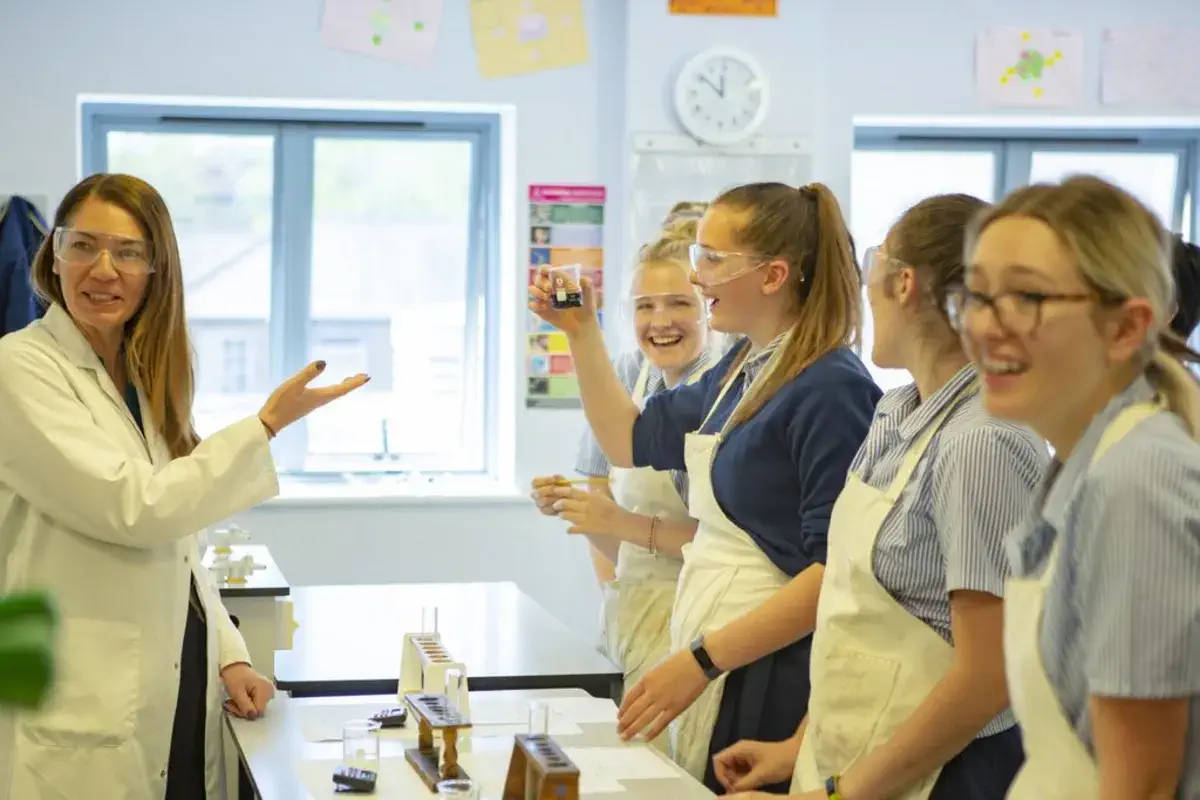
The science teachers are adept at providing differentiated learning opportunities so that all pupils are able to achieve. Pupils are taught each science separately. Pupils in the lower school who particularly enjoy science are encouraged to pursue an investigation on a topic of their choice to count towards the Bronze Crest Award. The Silver Crest Award is recommended for the most able girls in Year 10 and above.
At GCSE the girls are offered the opportunity to study either two or three GCSEs in science, depending on their aptitude and interest in the subject. It is worth noting that whichever option is chosen, pupils will study all three sciences, examined in separate units in Biology, Chemistry and Physics which collectively make up their science GCSEs. Girls who have shown suitable ability by the end of Year 8 are encouraged to study triple science, to attain three separate GCSEs in Biology, Chemistry and Physics at the end of Year 11. Girls working towards the combined science qualification will gain two GCSE grades.




